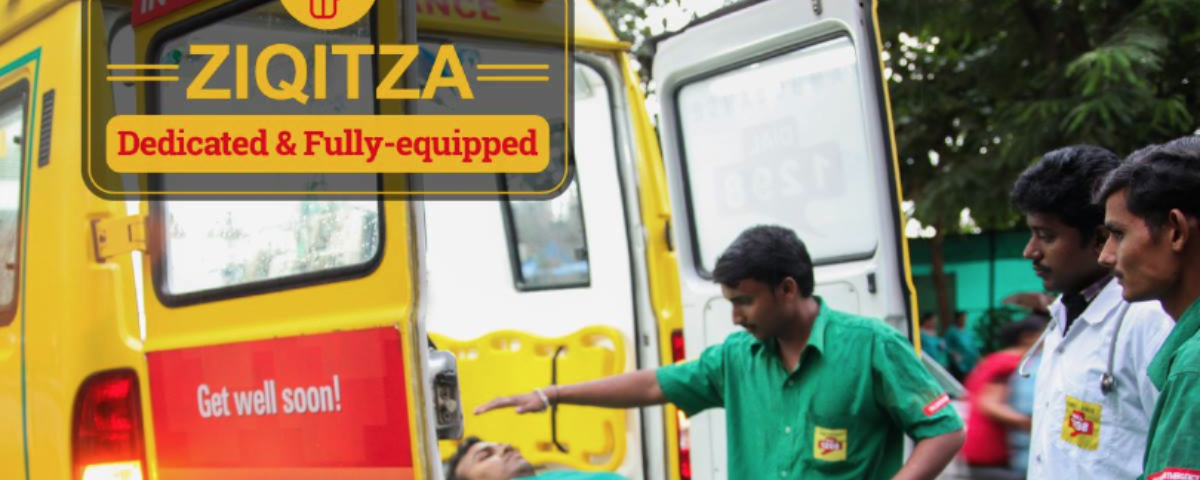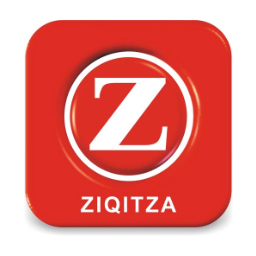





Keep this story going! Share below!
Ziqitza Health Care Limited is providing ambulance services in Mumbai and then plans to gradually expand in the rest of the country. The goal is to provide fast ambulance services in the country. By 2020, it is estimated that India will have the highest number of cardio-vascular patients in the world. By 2025, India will be the diabetes capital of the world. India is one of the world’s most disaster prone areas. Almost 57 percent of the land is vulnerable to earthquake, 68 percent to drought, 8 percent to cyclones, and 12 percent to floods. Because of these reasons there is a high need for ambulance services in India.
Ziqitza Health Care Limited (ZHL) has a vision of diminishing the disparity between emergency services in India and the U.S. ZHL operates state-of-the-art 24/7 call centers with ambulance tracking systems, and equips ambulances with personnel trained in basic and advanced life support. ZHL’s training programs are certified by the American Heart Association and New York Presbyterian Hospital. In Mumbai, ZHL uses a sliding price scale that depends on a customer’s ability to pay – the fee is determined by the hospital type selected by the patient. All accident victims, disaster victims, and unaccompanied victims are transported free of charge. In other locations, calls are subsidized by the government and in some cases patients also pay a small fee.

The disparity between rich and poor in the health services made the co-founders believed there was a need to minimize this gap.
Ziqitza Healthcare’s business model is on similar lines of the "911 service" which includes basic and advanced life support, administered by paramedics and transportation to the hospital for both non-emergency and accident/disaster victims. But there is a twist involved. It combines profit making services with a social goal. On one side, it offers a “Private Pay” ambulance service depending on services availed and payment capability of patient, while on the other side it would do a public-private partnership with state and local governments and provide its basic services free-of charge. The end goal still is to start in Mumbai and expand across India as in accordance with the vision of founders to make timely care accessible irrespective of financial status, through a financially profitable and sustainable means. During this transition it faced numerous problems - exponential scaling, capital crunch, logistics, infrastructure and corruption. Ziqitza Healthcare has surpassed most of the issues and has virtual monopoly in organized ambulance sector providing services across many states with vertical expansion into paramedic training, hospital staff training, and infrastructure for a call center.
Ziqitza Healthcare has successfully transitioned across business models from a profit making motive initially through corporate partnerships, corporate sponsorship and payment by consumer of service to a service which is accessible to all with a social goal and profit motive. This sliding price scale model has benefited society and bottom of the pyramid at large. A case study by Acumen Capital and Grameen Foundation showed the impact of ZHL on the below poverty line in few states. This can truly be judged by the fact that – it has helped save over 2.3 million lives since 2005. It won over $80 million government contracts to provide free or subsidized services in several states. The sheer number of awards it has won over the years of operations and the quality can be judged by the fact that it was the first ambulance service to respond to the distress calls and arrive on the spot during the terrorist attack locations in Mumbai in 2008 as well as in 2011.
Get stories of positive business innovations from around the world delivered right to your inbox.
Avinash Reshim, Administration

